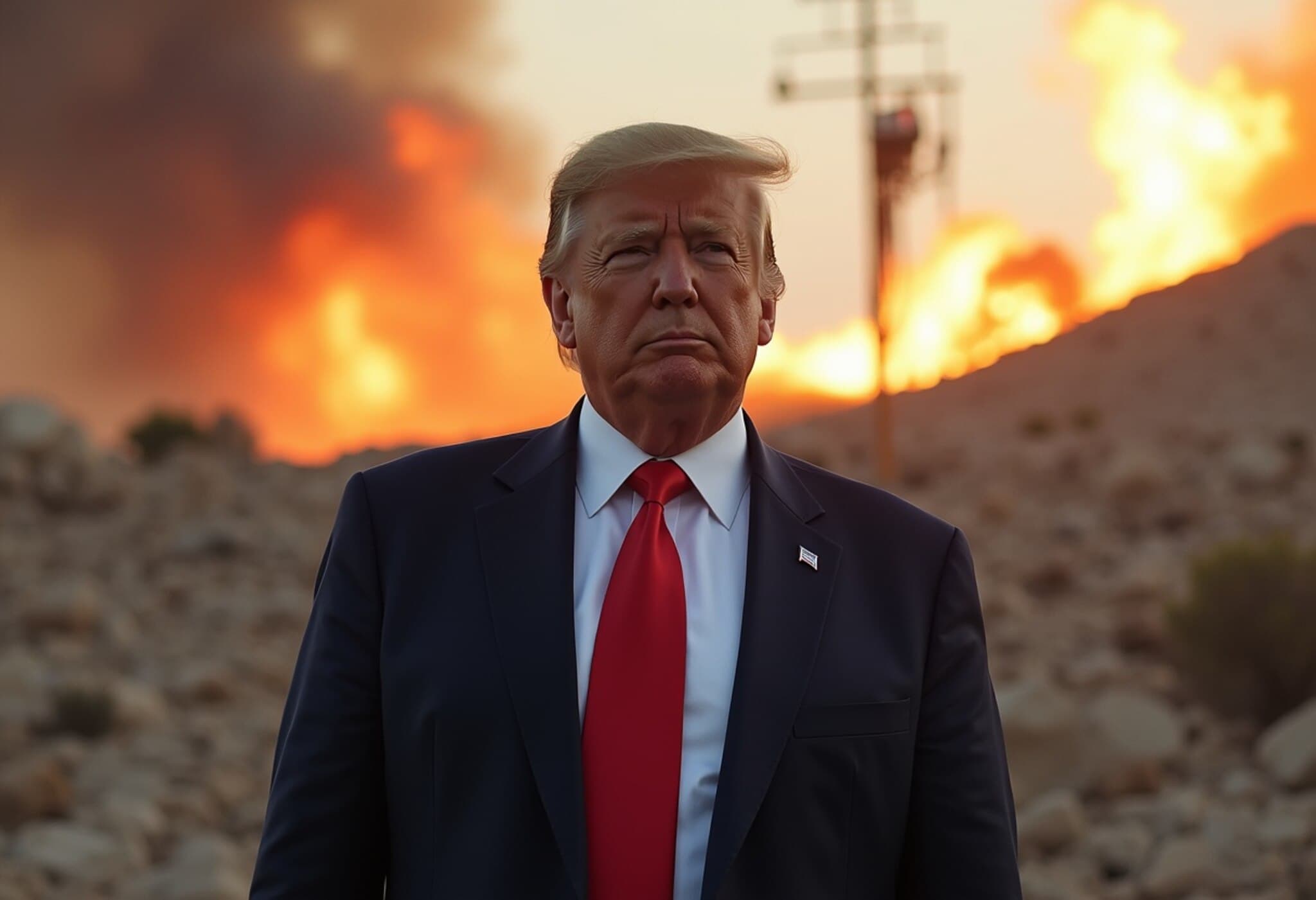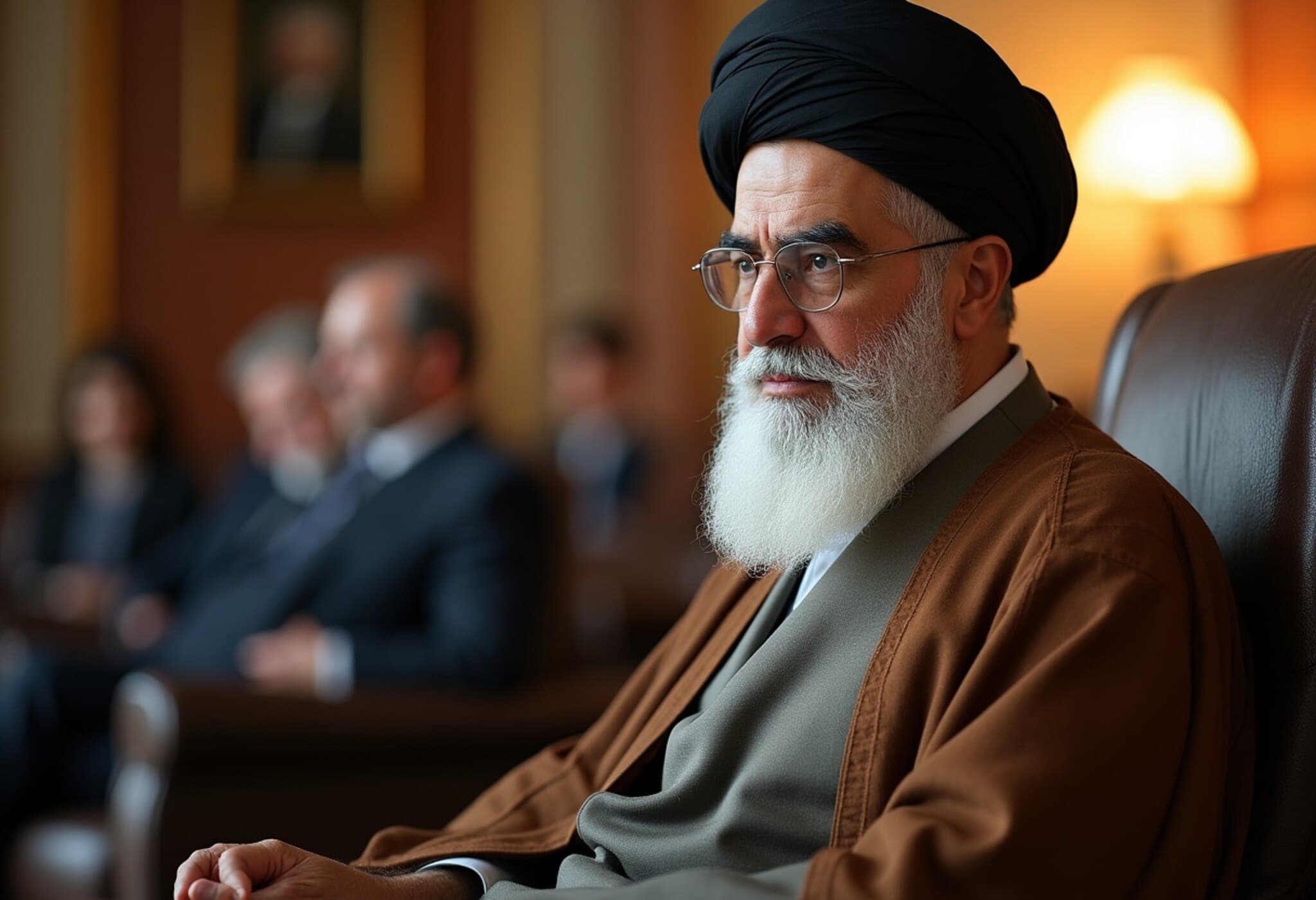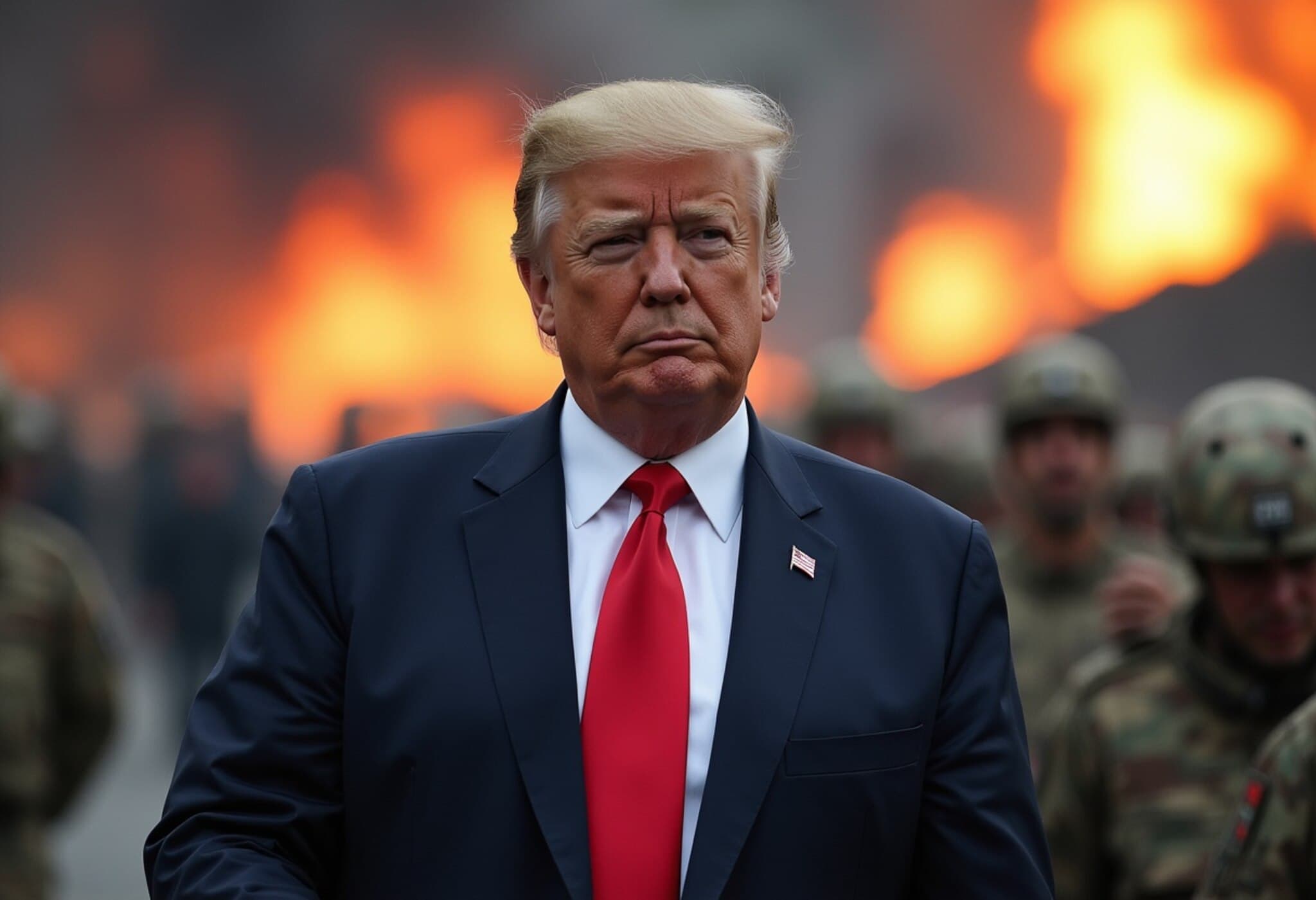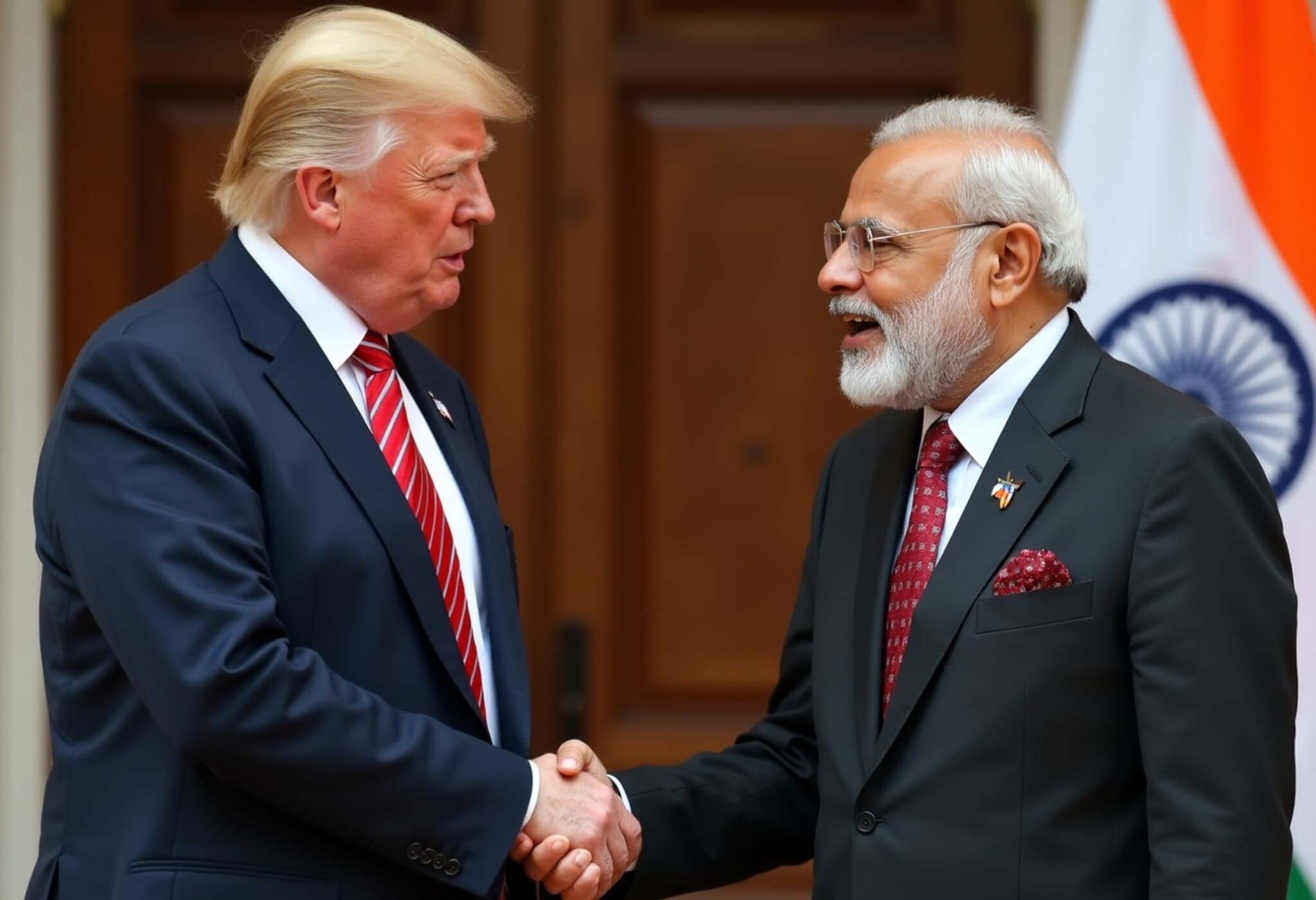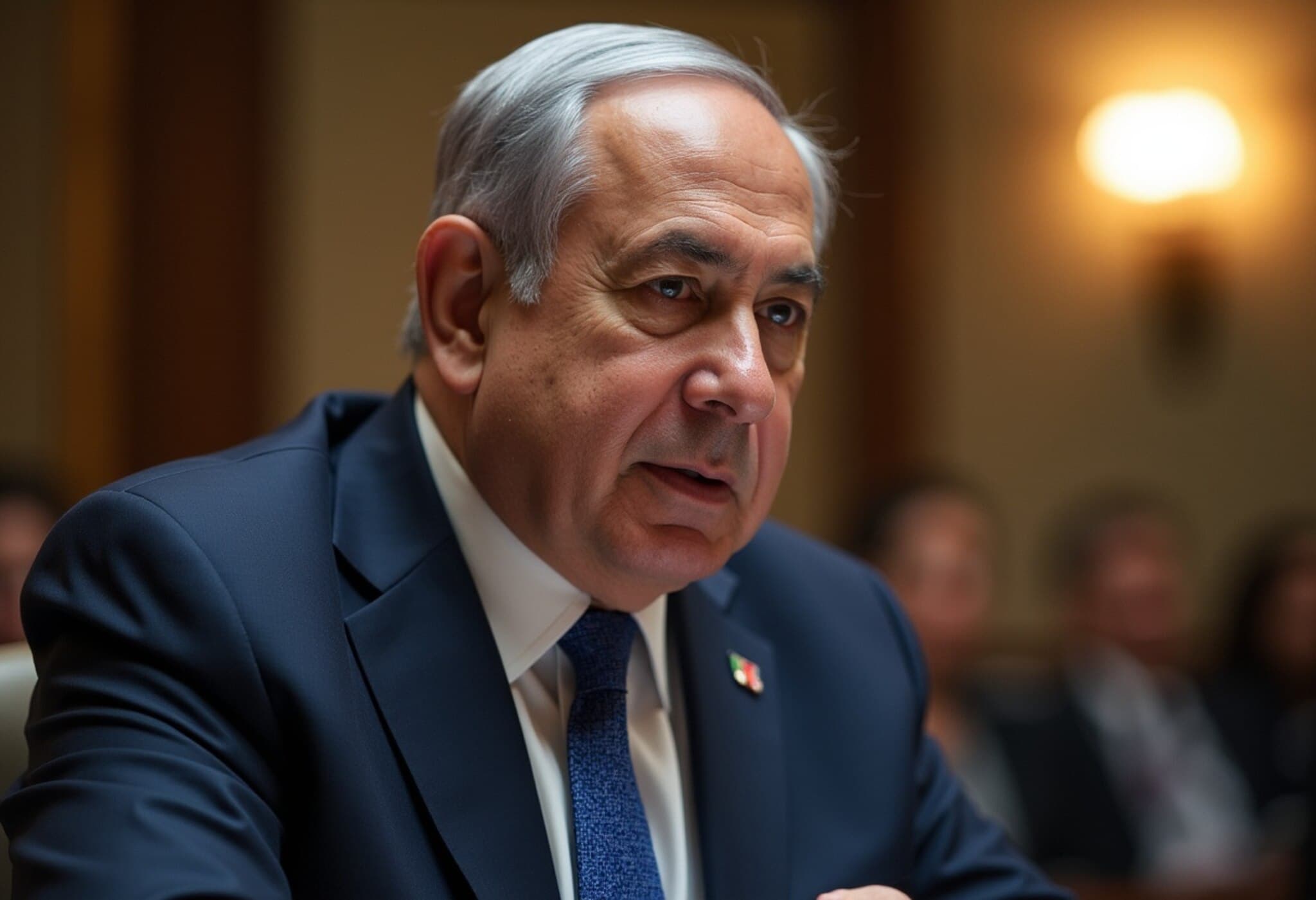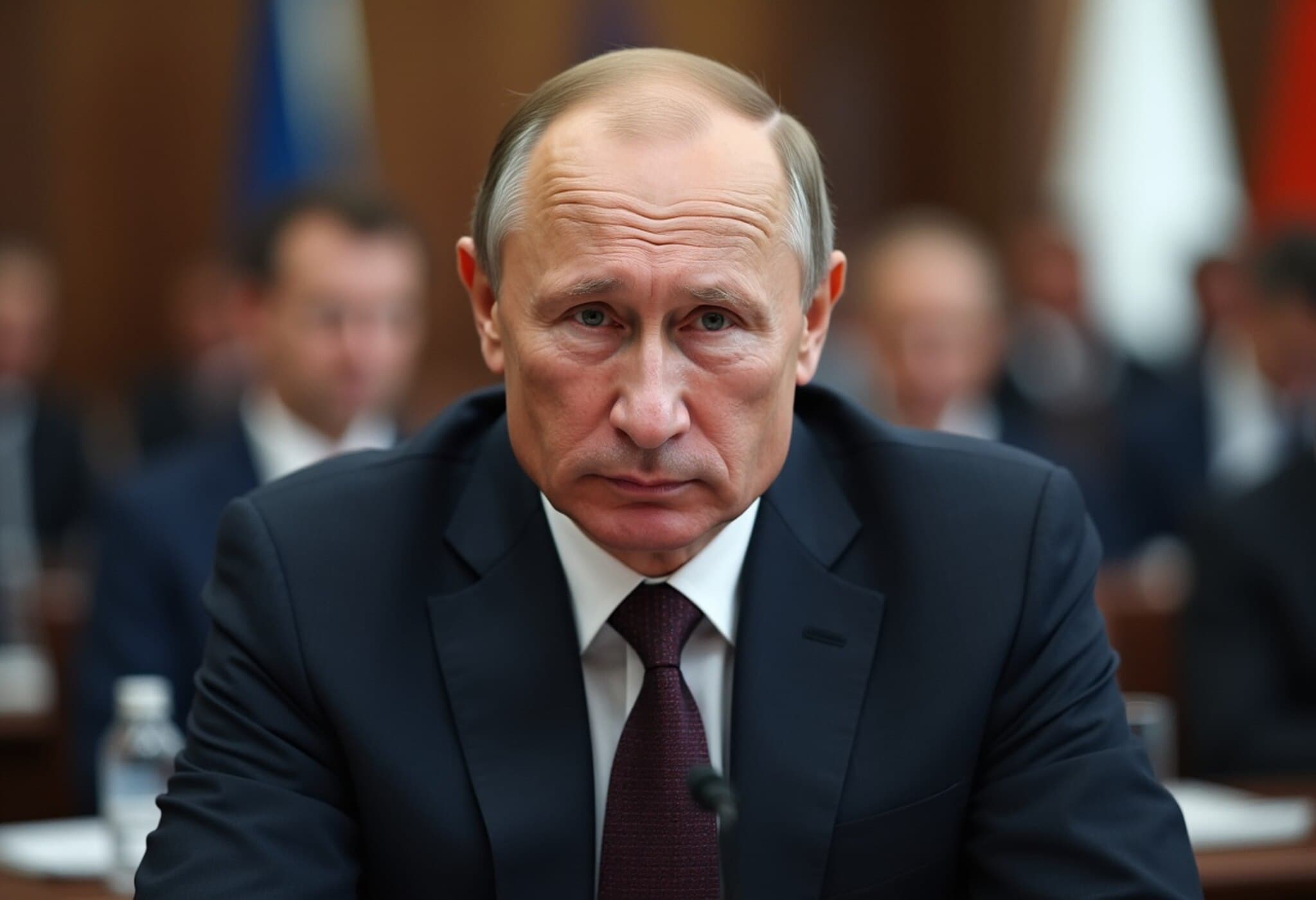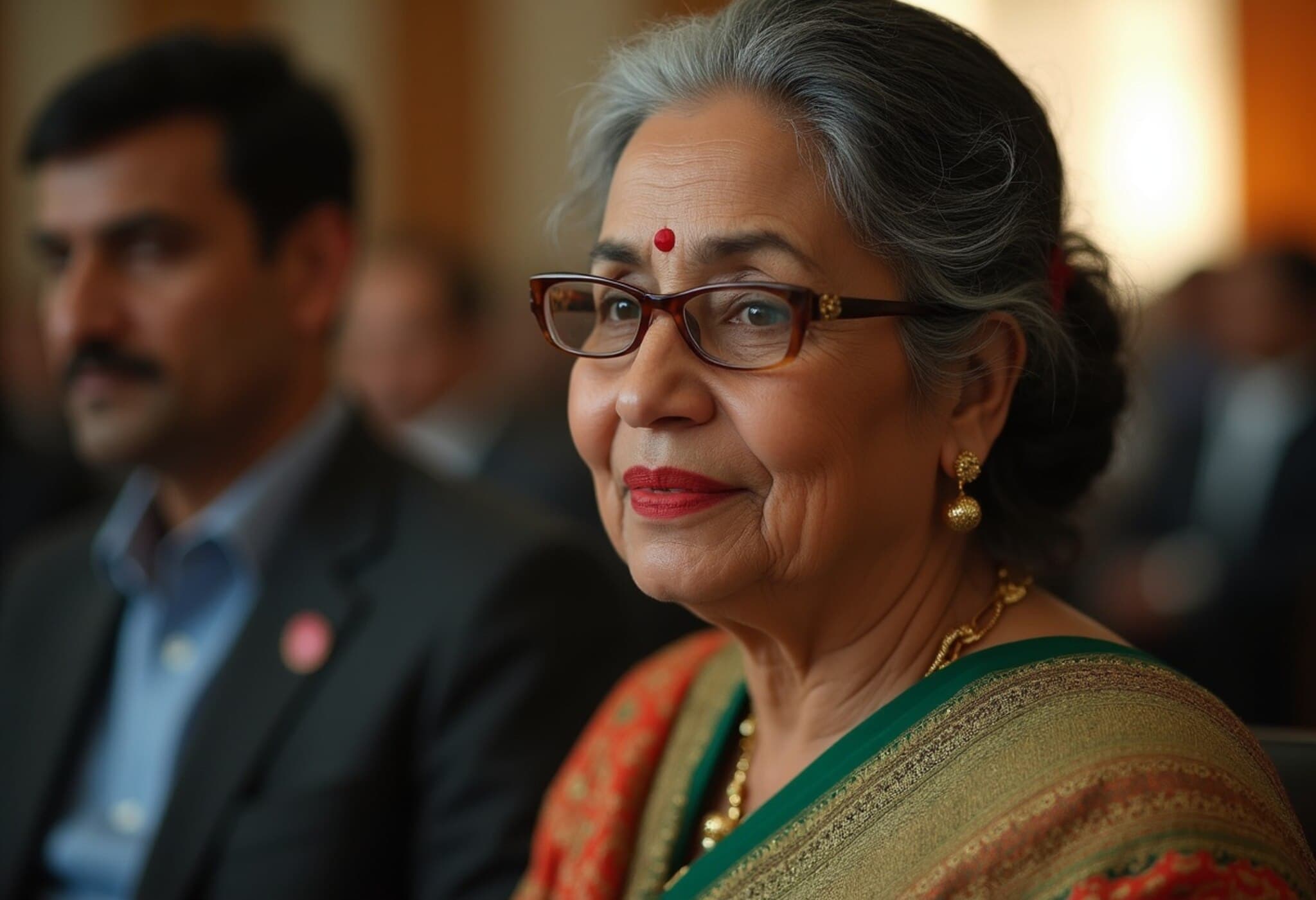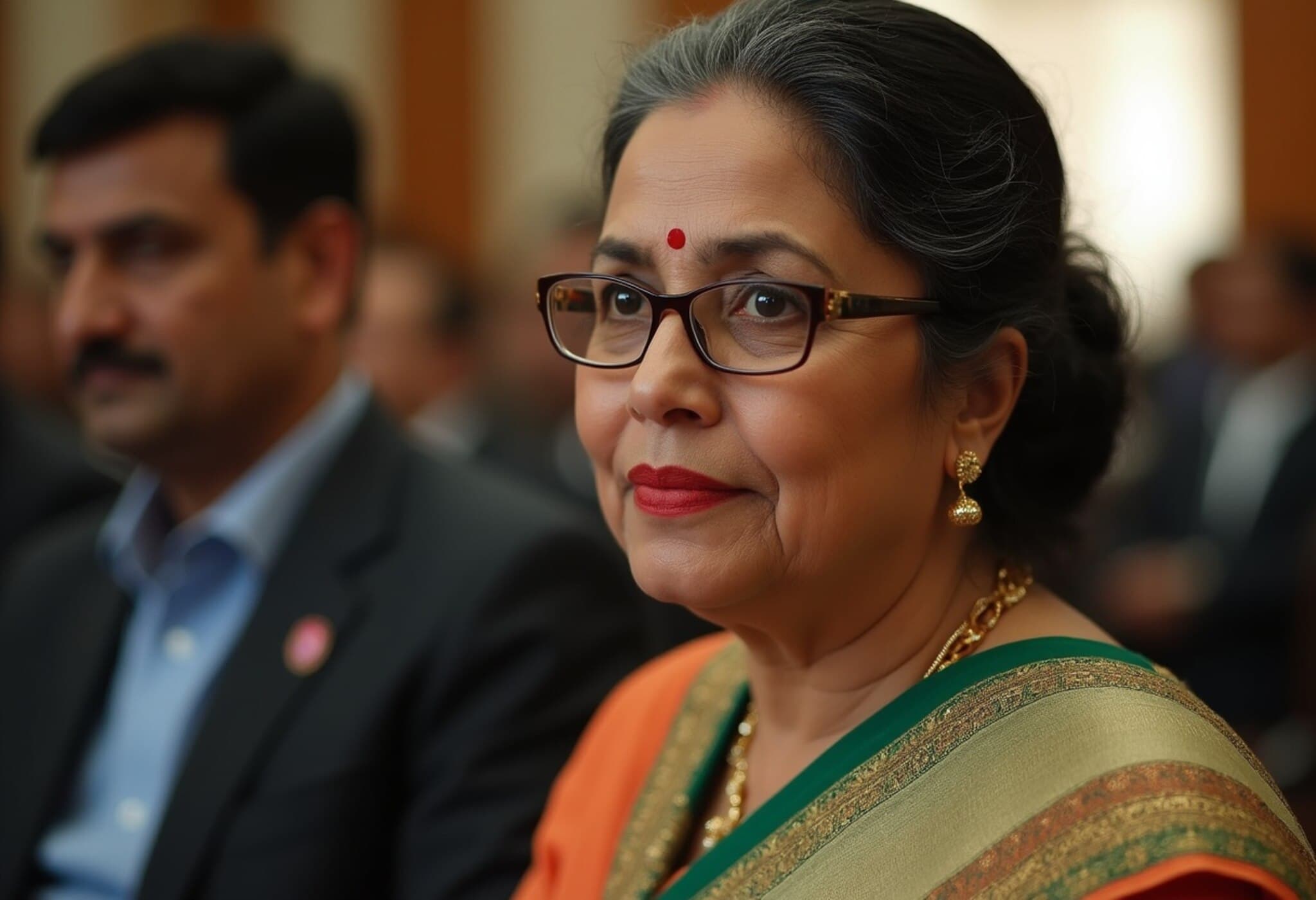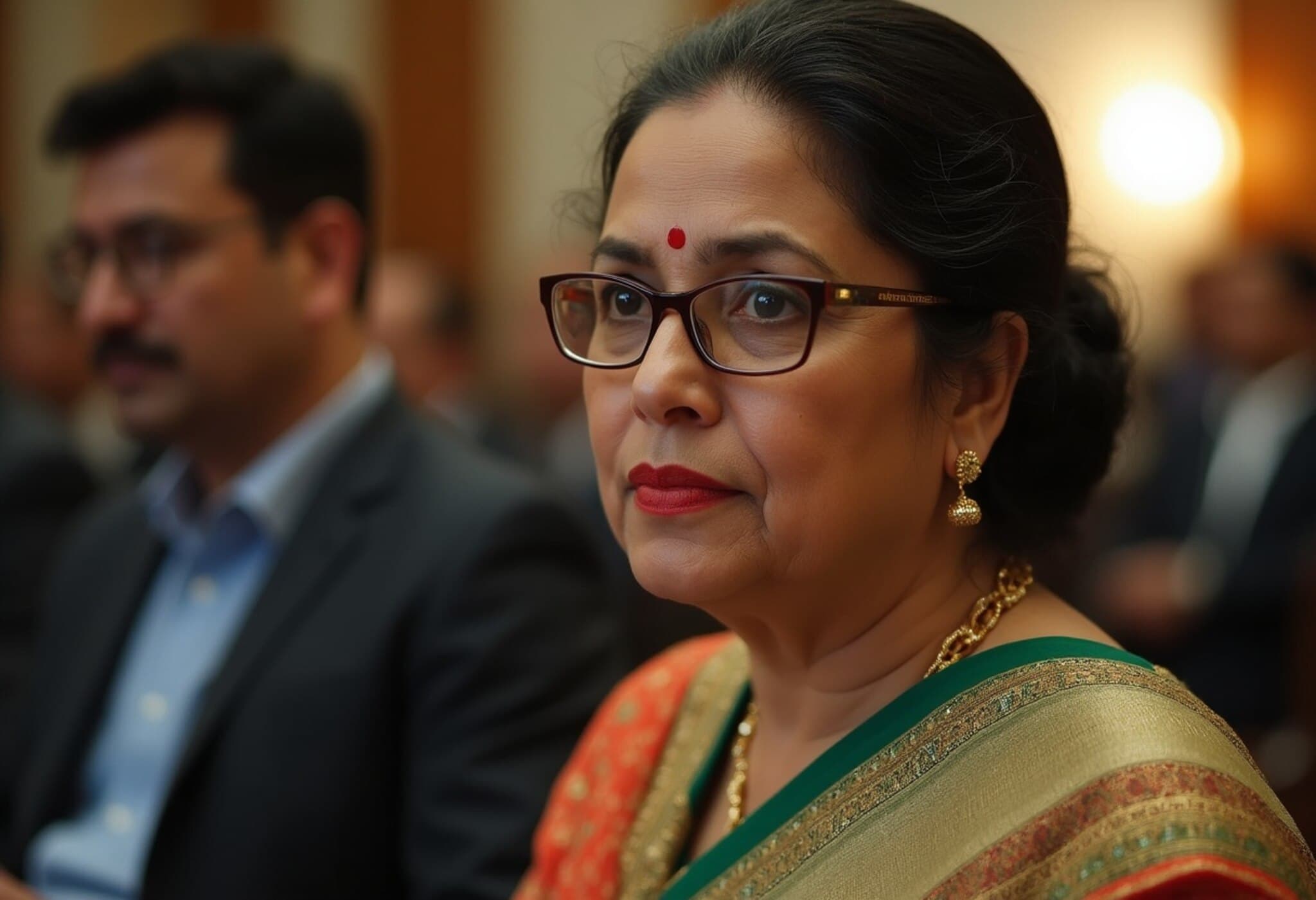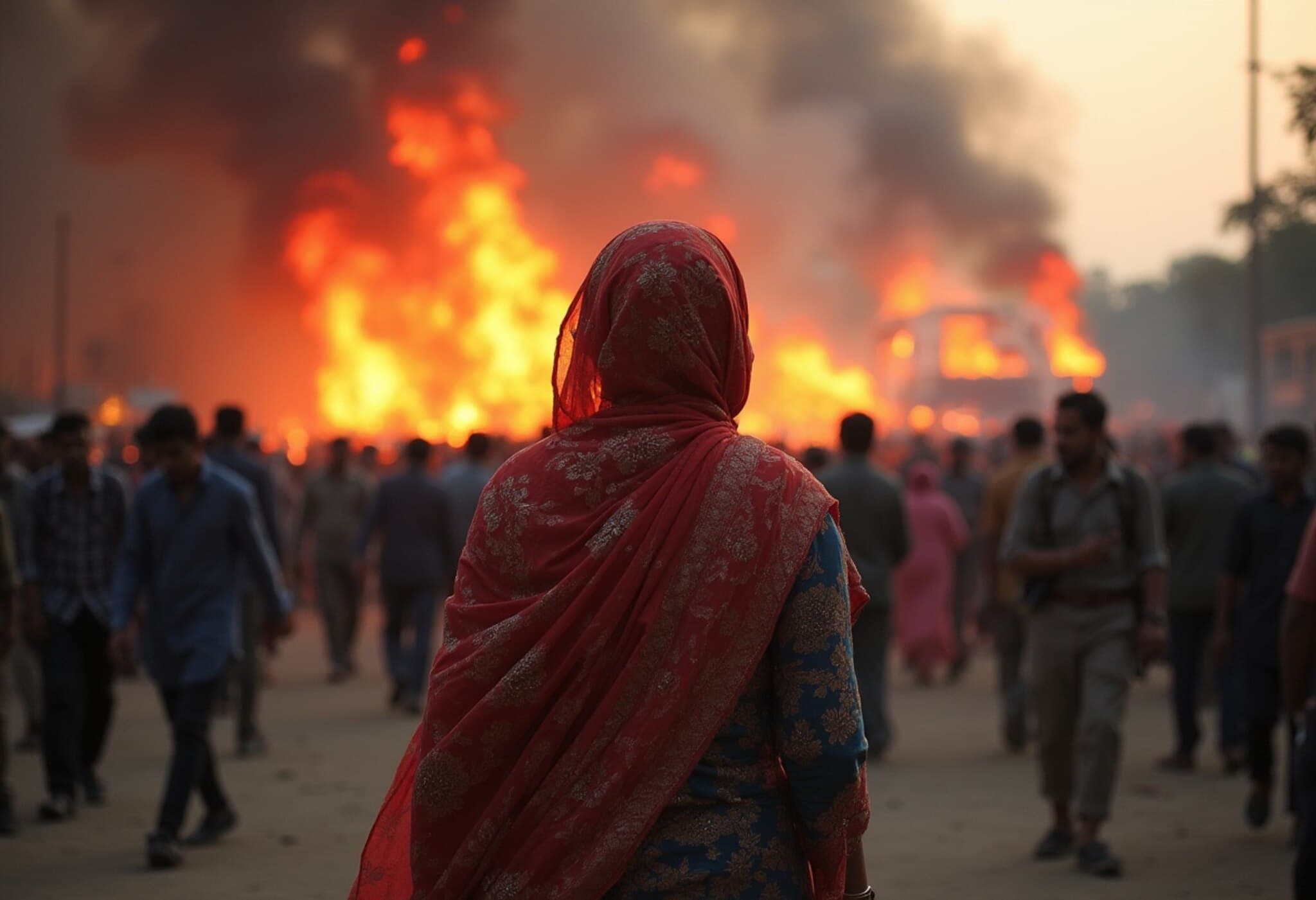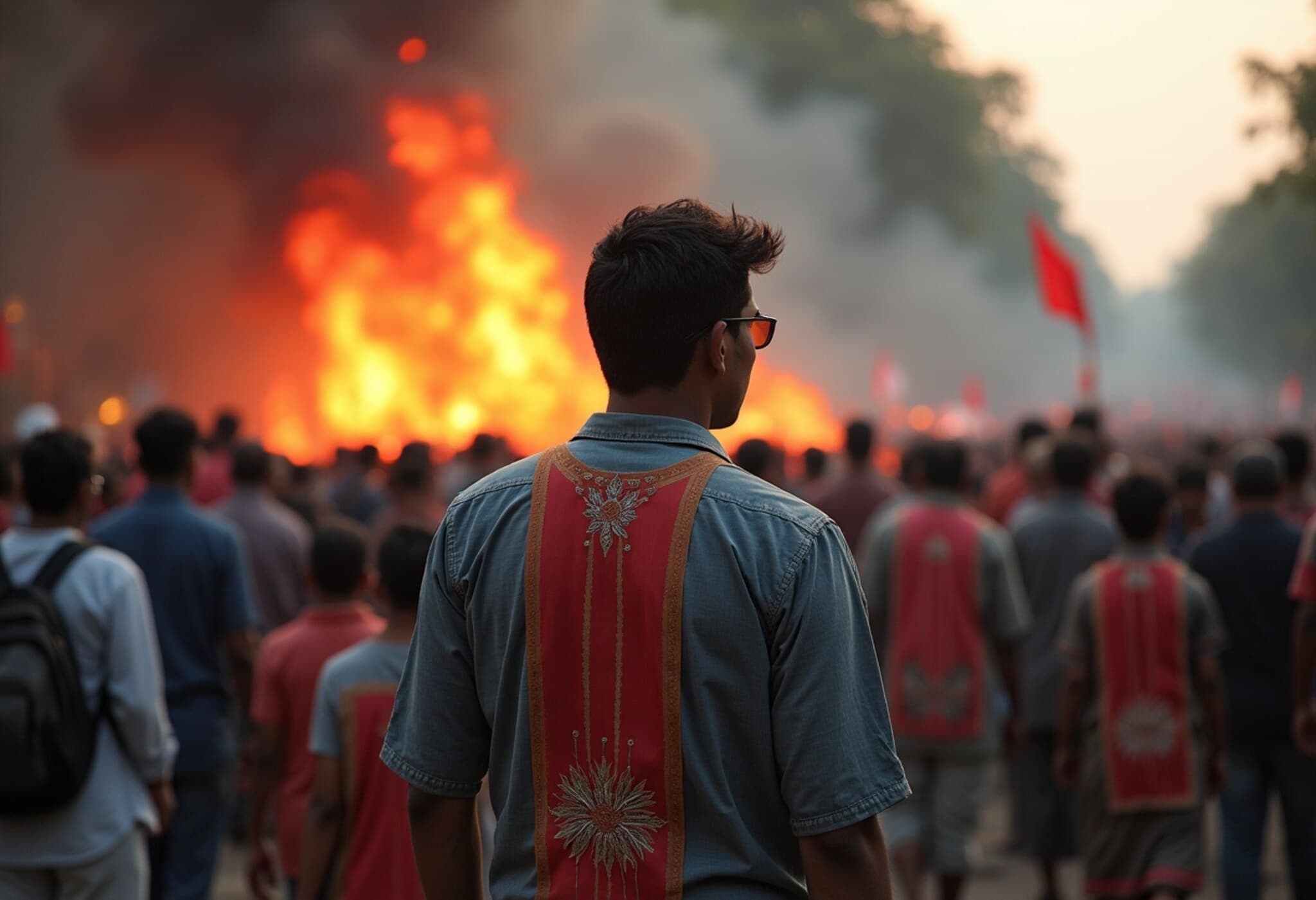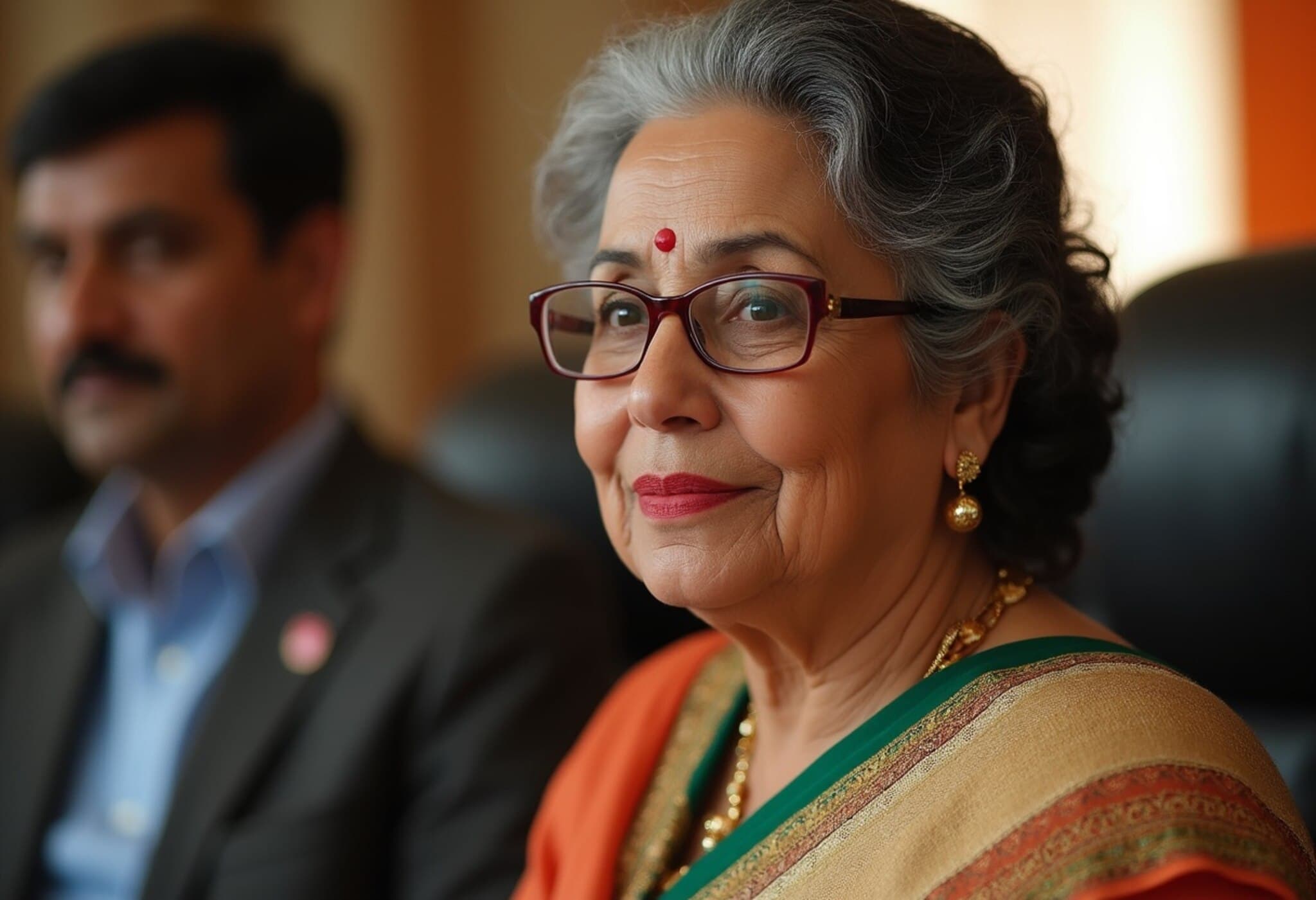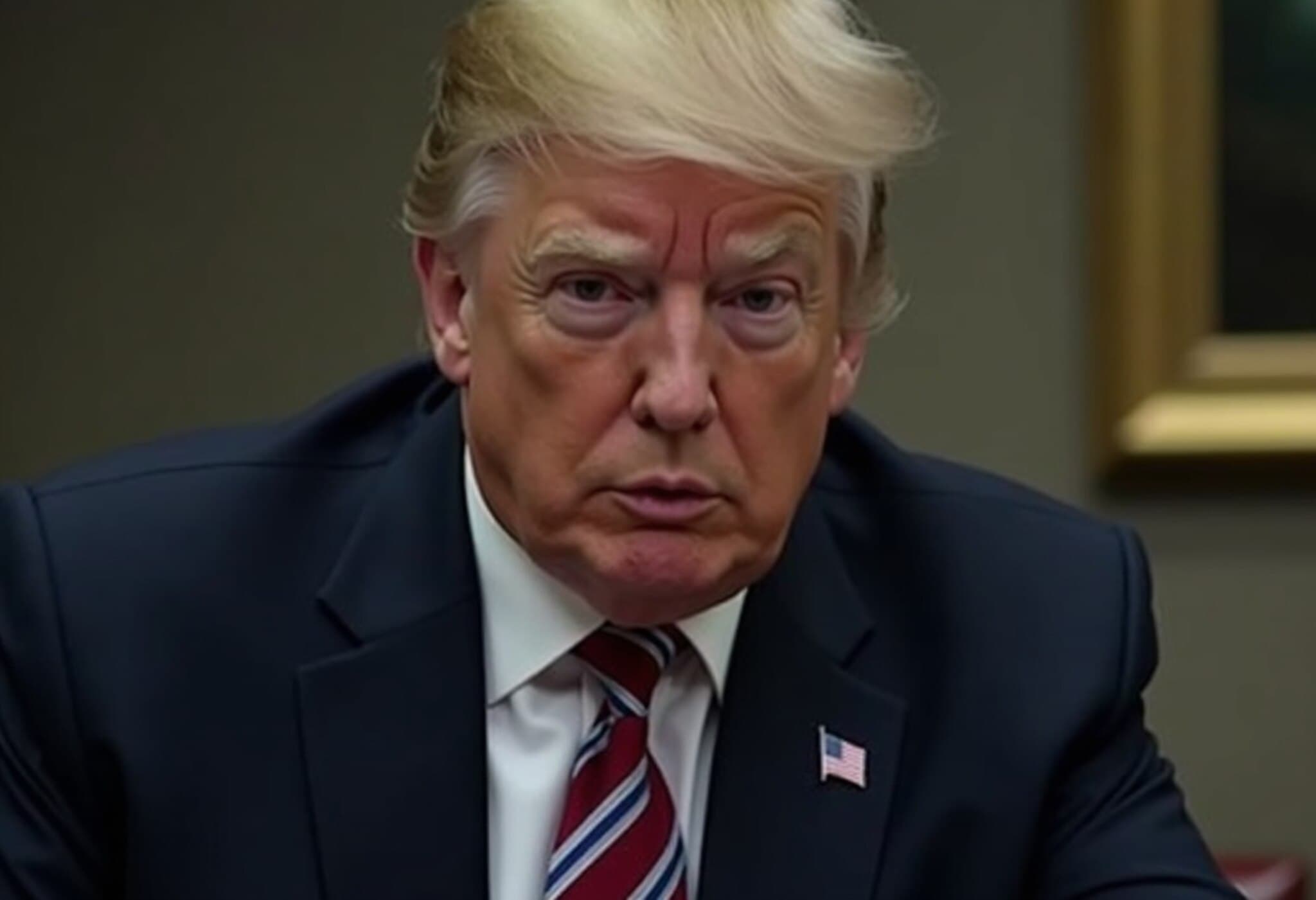Bangladesh’s Hasina-Era Officials Selling UK Properties Amid Ongoing Investigation
As Bangladesh marks one year since the political upheaval that ended Sheikh Hasina’s tenure as Prime Minister, fresh revelations disclose that officials from her administration have been offloading substantial UK real estate assets in a bid to pre-empt court action back home. This development emerges from an investigative report by The Guardian and Transparency International, underscoring a pattern of asset liquidation among individuals under scrutiny by Bangladeshi anti-corruption authorities.
The Shadow of Corruption and the Role of UK Properties
The interim government in Dhaka, led by Nobel laureate Muhammad Yunus, has been rigorously pursuing allegations that key figures in the previous Hasina government exploited their positions to siphon public funds and launder money through international channels. Central to these claims is the acquisition and subsequent disposal of high-value properties in London and other parts of the UK.
UK authorities have taken significant action in this realm. The National Crime Agency (NCA) froze £90 million in properties connected to members of the Rahman family in May 2025, followed by a freeze on over £170 million linked to Saifuzzaman Chowdhury, former Land Minister under Hasina. Chowdhury’s portfolio reportedly includes more than 300 UK properties, ranging from apartments to upscale townhouses, making him one of the most prominent figures in the scandal.
Key Properties and Transactions Under Scrutiny
Land registry data reveals at least 20 property transactions involving politically scrutinized Bangladeshis within the last year. These transactions include sales, transfers, and refinancing operations designed to reposition or liquidate assets strategically.
- Sobhan Family Holdings: The Bashundhara Group’s managing director, Sayem Sobhan Anvir, transferred a £24.5 million Knightsbridge townhouse to a UK company, Brookview Heights Ltd, before it was sold to a newly incorporated firm with opaque directorship.
- Chowdhury Family Assets: Anisuzzaman Chowdhury, brother to Saifuzzaman, sold a £10 million Georgian townhouse near Regent’s Park last July and refinanced other properties, with lawyers asserting prior agreements predate the political shift.
- Rahman Family Investments: Properties owned by Salman F Rahman’s son and nephew, both under AAC investigation, were involved in recent transactions. Their representatives emphasize political motivations behind the allegations.
Calls for Heightened Vigilance and International Cooperation
Bangladesh’s central bank governor, Ahsan Mansur, has openly urged the UK government to implement more extensive asset freezing orders to prevent the dissipation of questionable wealth. He emphasizes that such measures are crucial for the meticulous recovery of assets while adhering to legal standards.
Similarly, Mohammad Abdul Momen, chair of Bangladesh’s Anti-Corruption Commission, has called upon the NCA to intensify freezing actions as suspicious property market activity continues.
Within the UK, pressure grows from lawmakers like Joe Powell MP, chair of a parliamentary group investigating global corruption and illicit wealth flows through London’s real estate market. Powell highlights the urgency of freezing assets swiftly to avoid irreversible loss and advocates expanding investigative scope.
Implications and Broader Context
This controversy spotlights the complex nexus between political corruption and international real estate markets, particularly London’s appeal to global elites seeking to diversify or conceal ill-gotten gains. The post-revolutionary crackdown in Bangladesh reflects a growing global trend where emerging governments collaborate with foreign jurisdictions to hold the powerful accountable.
Experts suggest that the intricate web of ownership structures, often involving offshore companies and anonymous directors, poses significant challenges for law enforcement. Strategically timed sales and refinancing, as seen here, further complicate efforts to trace and freeze assets promptly.
Editor’s Note
This unfolding saga raises critical questions about the effectiveness of international legal frameworks in combating transnational corruption. While Bangladesh’s interim government pushes aggressively for asset recovery, the case underscores the necessity for stronger cooperation between financial and legal authorities across borders.
For readers, it serves as a stark reminder of how political upheaval and elite networks have far-reaching impacts, extending into global financial centers. Tracking such movements is crucial not just for justice in Bangladesh but for the integrity of international financial systems tasked with preventing illicit financial flows.



